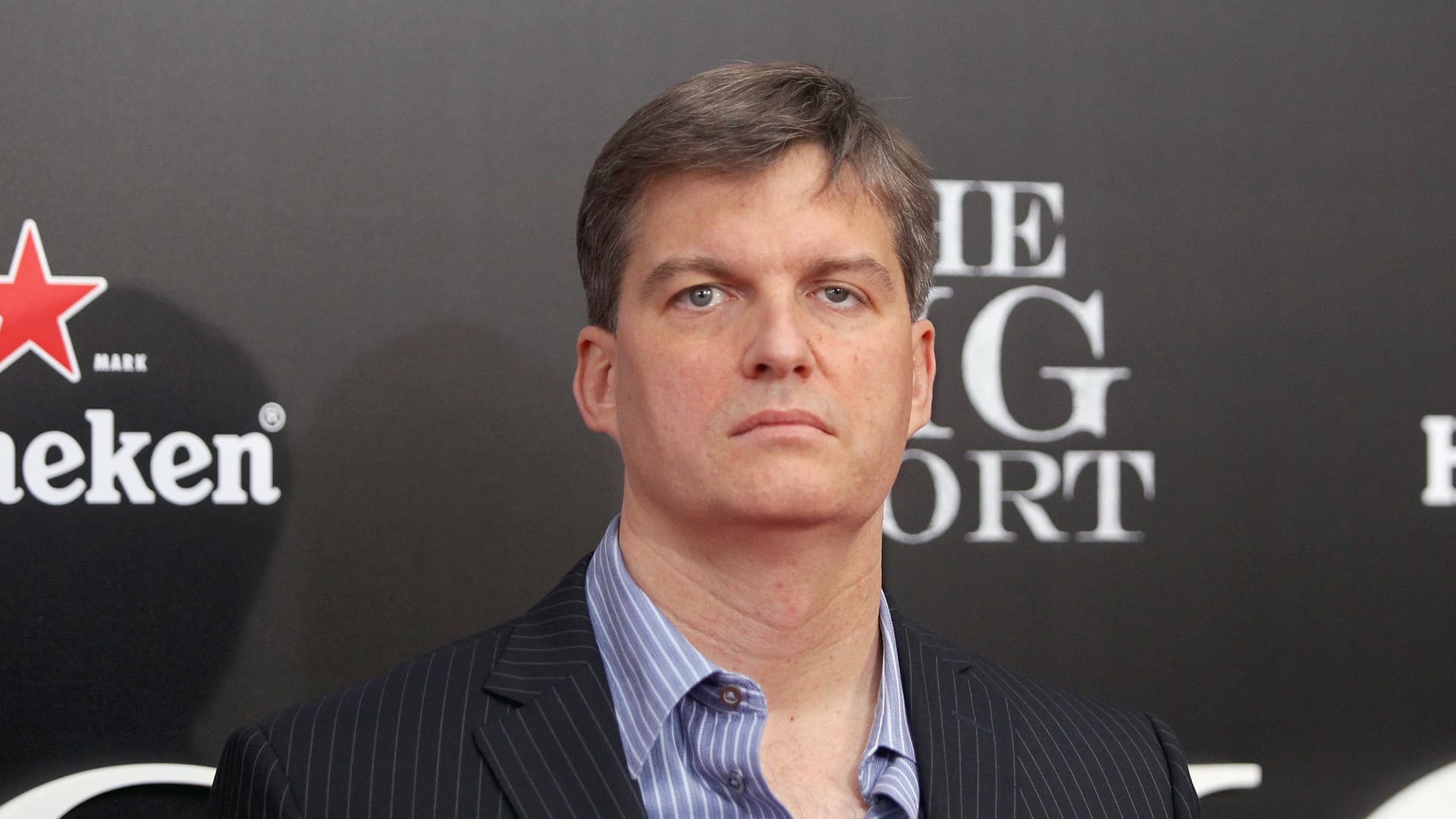I think the reason they jumped here is that the influx of money takes away those creditor concerns. I think it clears the way back towards solvency and out of bankruptcy.
You have much more insight in the Hertz bankruptcy process. "Junk bond" investments are not my thing and requires a great deal of knowledge. Who gets the money first, who are the secured and unsecured lenders, how much is owed to each person. That makes value of equity difficult to gauge. Investors will show interest in purchasing the company and then drop their bid. Investments in bankrupt companies and junk bonds is too much of a scary thought for me.Hertz has had an unbelievable ride. Its unsecured bonds traded below 20 at the height of Covid. Business came to a complete halt. Filed for bankruptcy. Fast forward to today, 2 investment groups competed to buy the Company. Market expectations for the rental car market at all time highs with strong demand this summer and a limited fleet of vehicles available. All lenders, both secured and unsecured, will be paid in full. Equity is being valued at $8/share. So, if you had nerves of steel and bought the 6.00% 2028 Bond at 20 last May, you now will recover 100 (par) and been paid 6.00% to do so. By the way, that 6.00% is on the par value, so 1,000 invested at 20, would produce interest income of $60 on a $200 investment, so 30% plus the capital gain. We are involved with Avis and they held up much better, stock has doubled in 2021, and are poised to have a very strong 2nd half of 2021 and 2022.
I had a mutual fund whose largest holding was JDS Uniphase. That did not work out as much as it should have since I knew I should take the profits when it was soaring but got greedy and it crashed and burned
To save some of you the trouble
Stock
During the 1990s, JDS Uniphase stock was a high-flyer tech stock investor favorite. Its stock price doubled three times and three stock splits of 2:1 occurred roughly every 90 days during the last half of 1999 through early 2000, making millionaires of many employees who were stock option holders, and further enabling JDS Uniphase to go on an acquisition and merger binge. After a downturn in the telecom industry as part of the dot com bubble, JDS Uniphase announced in late July 2001 the largest (up to then) write-down of goodwill. Employment soon dropped as part of the Global Realignment Program from nearly 29,000 to approximately 5,300, many of its factories and facilities were closed around the world, and the stock price dropped from $153 per share to less than $2 per share
JDS Uniphase type of situation may play out in the crypto space. The values of cryptocurrency is just too high right now. The Tesla situation with dropping bitcoin for environmental reasons has to be taken as a serious threat.

